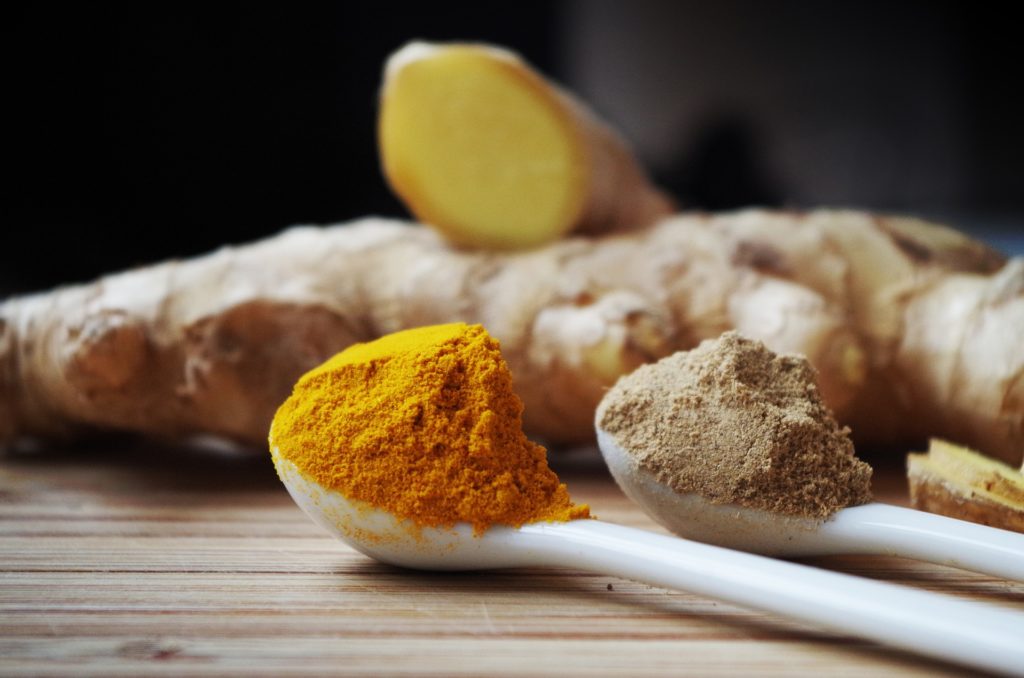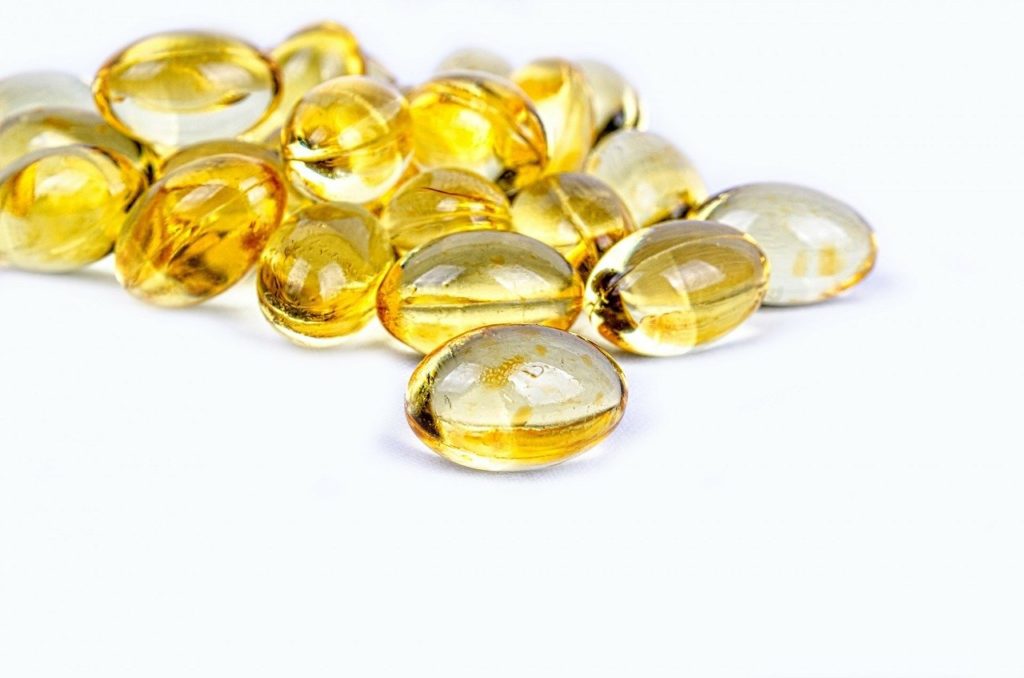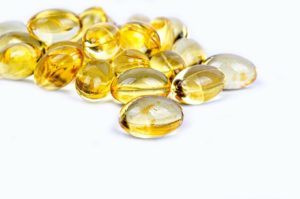Natural Treatments for Rheumatoid Arthritis

Arthritis is a condition that causes pain and stiffness in the joints of the body. Arthritis itself is not a single disease, as there are a number of different types. The two main forms of arthritis are osteoarthritis and rheumatoid arthritis. Generally, osteoarthritis is thought of as wear and tear on the body from overuse injuries. As for rheumatoid arthritis, the condition is an autoimmune process where the immune system is attacking the joints causing inflammation and pain.
Standard treatments for rheumatoid arthritis typically involve immune-suppressing medication in an attempt to disrupt the autoimmune inflammatory process. While a significant percentage of patients can get their symptoms under control with such treatments, there can be significant and concerning side effects. First line treatment is generally a drug called methotrexate. The drug has liver, kidney, lung, gastrointestinal and blood-based toxicities, some of which have resulted in death (Wang 2018). It also increases risks for infections and some types of cancer.
Due to these concerns, patients often look for alternative treatments to control their symptoms. As such, a number of natural agents have research suggesting potential benefits for controlling the symptoms of rheumatoid arthritis, including:
- Curcumin
- Quercetin
- Probiotics
- Ginger
- Fish oil
Curcumin
While the human trial data is somewhat limited, overall, the research suggests benefits for rheumatoid arthritis with curcumin (Zarandi 2021). And it makes sense. Derived from the kitchen spice turmeric, curcumin is a potent natural anti-inflammatory.
An early trial explored the tolerability of curcumin as compared to diclofenac, a non-steroidal anti-inflammatory medication. Patients were given either curcumin, diclofenac or both. Interestingly, the patients that did the best were the ones that were given curcumin alone (Chandran 2012). A separate trial for 90 days in rheumatoid arthritis patients also found improvements with curcumin supplementation (Amalraj 2017).
One of the most recent trials used curcumin or placebo in women with rheumatoid arthritis for two months. Over the course of the study, blood sugar levels and inflammation improved in the women on curcumin. In addition, they lost weight. The dose of curcumin in the study was modest with just a single 500 mg pill given daily (Zarandi 2022).
Quercetin
A bioflavonoid, quercetin is found in a number of common foods, from onions to berries. Similar to curcumin, research has often focused on the anti-inflammatory activity of quercetin (Carullo 2017). Initial animal research has suggested that quercetin may be of benefit for rheumatoid arthritis (Tang 2022). As such, it isn’t surprising that researchers have started to explore quercetin as a potential treatment in humans.
One of the first trials only found non-significant trends towards a reduction in disease severity. The study combined vitamin C with 500 mg of quercetin per day and only lasted one month (Bae 2009). A longer study with the same dose of quercetin, however, did find benefits. After two months of quercetin treatment, clinical symptoms were improved and markers of inflammation were reduced (Javadi 2017). Somewhat strangely, an earlier, similar trial by the same research group did not find benefits with quercetin for rheumatoid arthritis patients (Javadi 2014).
Considering the mixed data, quercetin may not be a first-line choice for treatment without additional research. However, considering the safety of the compound, it may well be worth considering in some patients.
Probiotics
And while their benefits are likely modest, probiotics may still be considered for the treatment of rheumatoid arthritis. In a recent meta-analysis evaluating studies on probiotics for treatment, probiotics were shown to lower markers of inflammation. However, disease activity score, a more comprehensive measure of the severity of the arthritis, was not significantly reduced (Sanchez 2022).
With probiotics, it is also worth noting that different probiotic organisms can yield vastly different results. It’s likely certain types of probiotics may work better for rheumatoid arthritis, but currently, there isn’t enough data available to make any specific recommendations.
Ginger
Ginger is in the same plant family as turmeric (the plant source of curcumin). As such, it’s not surprising that it also has significant anti-inflammatory effects. And early clinical trial data suggests benefits. In one study, rheumatoid arthritis patients were given ginger or placebo for three months. At the end of the study, patients receiving ginger had reduced their disease activity score by 28% (Aryaeian 2019).
A separate study by the same group using ginger also found a significant reduction in inflammatory markers with ginger supplementation. Patients with rheumatoid arthritis took ginger or placebo for three months. At the end of the trial, three of the four inflammatory markers were either significantly reduced or trending downwards (Aryaeian 2019).
Fish Oil

Omega-3 fatty acids are well known to have anti-inflammatory effects (Wall 2010). Numerous trials have used omega-3 fats as a treatment for rheumatoid arthritis. Treatment with omega-3 fats have been shown, in general, to improve pain and swollen joint count. They also have been shown to decrease overall disease activity score in rheumatoid arthritis patients. Of the published studies, animal-based oils (fish oil) appeared to work better than plant-based oils. Results took time to manifest, usually 3 months or longer. Higher dosages seemed to work best, typically over 2 grams per day (Sigaux 2022).
Conclusion
Rheumatoid arthritis is a challenging condition that can lead to significant pain and loss of function if left untreated. While standard approaches can sometimes reduce symptoms and improve outcomes, side effects can be problematic for a subset of patients. Fortunately, a number of natural options appear to hold promise for treating rheumatoid arthritis, including curcumin, quercetin, probiotics, ginger and fish oil.



